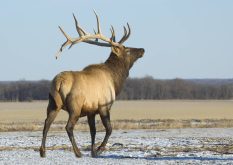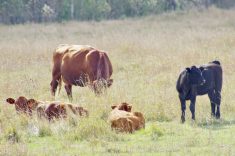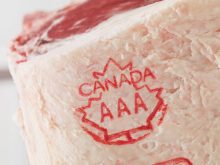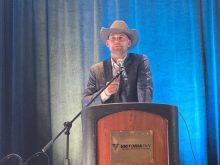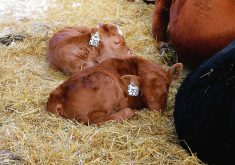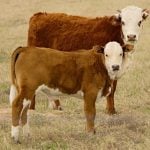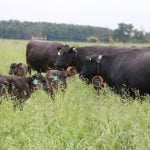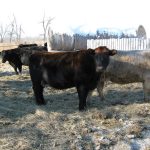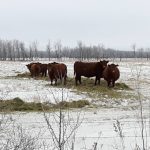Temple Grandin says her struggles with autism gave her the ability to see the world as animals do and that allowed her to create new animal-handling procedures that earned her international renown.
But in a speech to a packed house of more than 700 here recently, Grandin not only demonstrated a keen understanding of how other members of her species view the world but a talent for getting her audience to consider their own blind spots.
For example, she noted that advances in veterinary medicine combined with a reluctance to face death by some pet lovers often leads to what could arguably be called torture.
Read Also
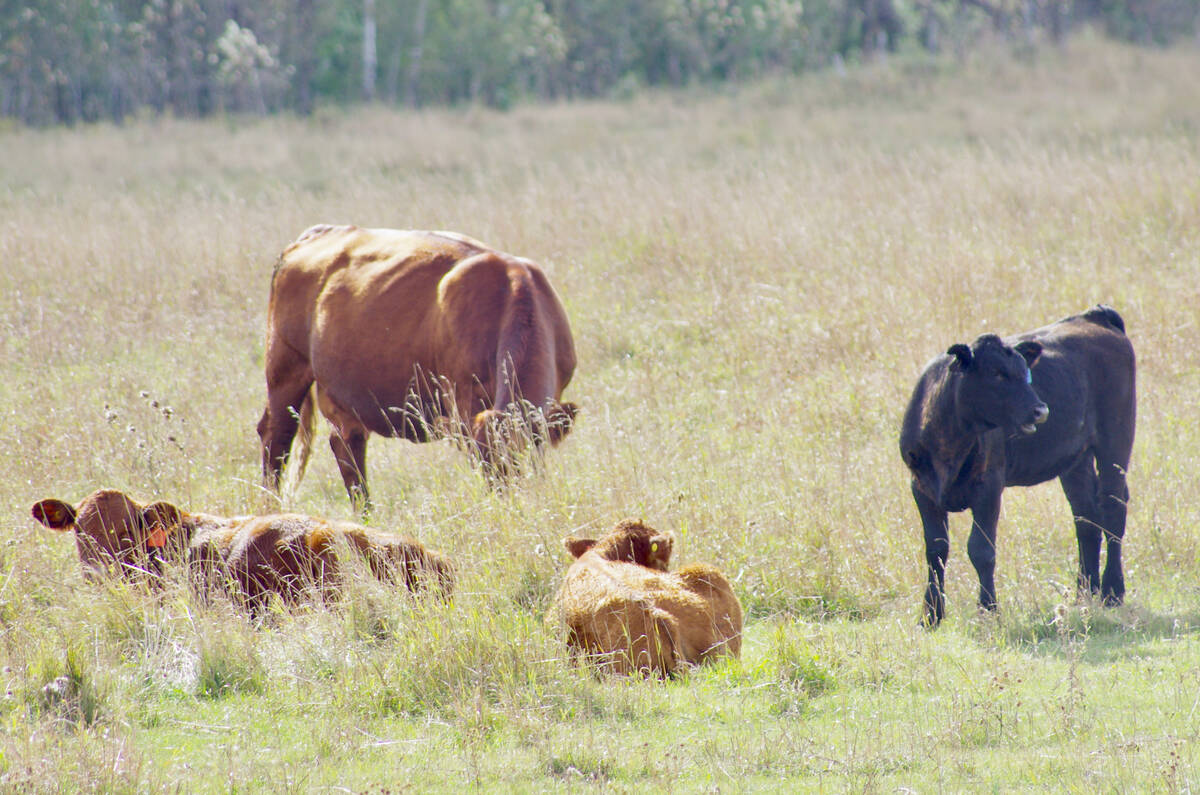
Beef sector needs more research into protozoal disease
Canada’s beef farmers could sure use more on-label uses approved for toltrazuril, but that means research in an age of funding cuts, veterinarian Roy Lewis writes.
“We’ve got chemotherapy for dogs, and we’re keeping ancient, old dogs alive,” she said. “The poor old dog doesn’t know why he’s getting all these treatments and they feel miserable. A person knows that they might get cured, but a dog doesn’t know that.”
But she also talked of ranchers who put off culling sick or diseased cattle simply because they don’t relish the task of shooting an animal they have grown attached to over the years.
Rather than pretend the issue doesn’t exist, ranchers in that situation should forge an agreement with a neighbour, she said.
“Get your neighbour to shoot your cows, and you shoot their cows,” she said.
Grandin also linked the quest to improve livestock genetics to excesses in pet breeding.
Take the bulldog as an example of “bad becoming normal” via unnatural selection, she said.
“It’s a deformed freakazoid — it can’t breathe, can’t have babies normally, and it can barely walk,” said Grandin, adding that pictures of the breed from the 1930s show an animal that looks nothing like today’s “monstrosity.”
She linked that example to “biological overload” or pushing genetic selection aimed at refining single traits like feed conversion too far, as well as the use of growth promoters such as beta agonists.
An engaging speaker, the Colorado State University professor and author captivated her audience but noted not everyone is a fan of her call-it-as-she-sees-it style. She said she is often criticized by the pork industry for failing to defend the “science” behind sow gestation stalls while some hard-core animal rights activists call her a “Nazi” for her work in streamlining slaughter processes to maximize efficiency. She said she was forced to hire two burly security “goons” for some stops on her latest book-signing tour.
“Do you want to stand up in a bookstore in New York and defend sow gestation stalls? Would you like to die?” said Grandin, to laughter from the audience.
Still, understanding how others think has proven pivotal in her career.
When she started her work in the 1980s, she said she believed better handling equipment could solve all the problems by keeping animals calm throughout their life cycle from birth to death. Then she realized that was only half the problem — with the other half being management. She then began to focus more on training livestock workers, but was frustrated because higher levels of management had a tendency to “untrain” workers.
Beginning in 1999, when she started helping fast-food giant McDonald’s develop its animal welfare strategy into a simply defined, results-oriented model, she realized that working with the buyer side of the meat industry equation offered more lasting results. Since then, she said her approach has been to create simple, easy-to-follow audit systems based on outcomes and specific, measurable results.
“If we make change, I want to have it work,” she said.
CLARIFICATION, June 8, 2012: The print version of this article in the May 31, 2012 Co-operator described the full house for Dr. Grandin’s presentation as “sold-out.” The May 23 event for livestock producers was advertised and provided free of charge.


